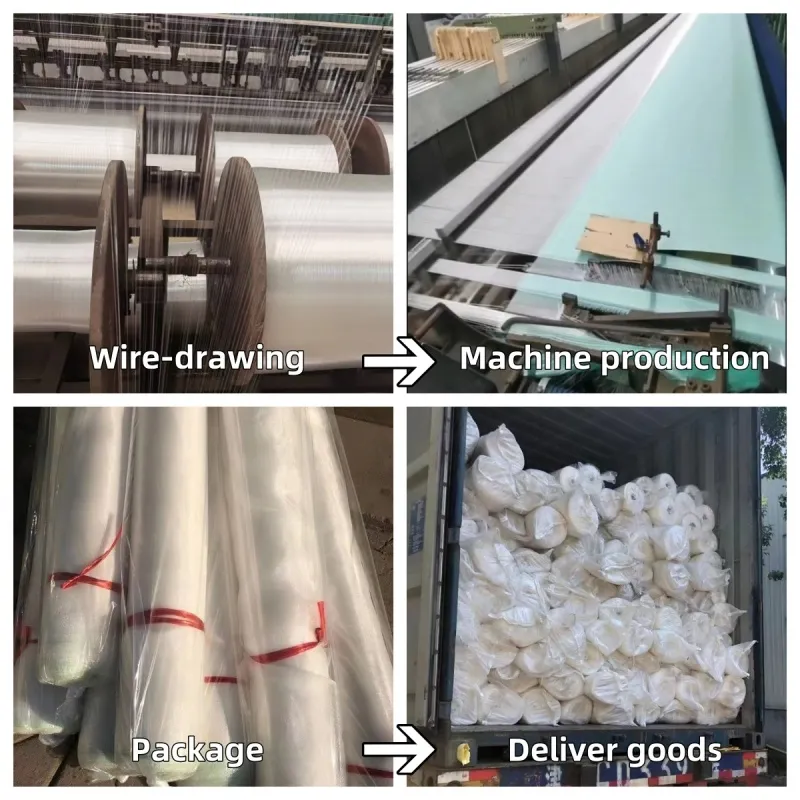-
 Afrikaans
Afrikaans -
 Albanian
Albanian -
 Amharic
Amharic -
 Arabic
Arabic -
 Armenian
Armenian -
 Azerbaijani
Azerbaijani -
 Basque
Basque -
 Belarusian
Belarusian -
 Bengali
Bengali -
 Bosnian
Bosnian -
 Bulgarian
Bulgarian -
 Catalan
Catalan -
 Cebuano
Cebuano -
 China
China -
 Corsican
Corsican -
 Croatian
Croatian -
 Czech
Czech -
 Danish
Danish -
 Dutch
Dutch -
 English
English -
 Esperanto
Esperanto -
 Estonian
Estonian -
 Finnish
Finnish -
 French
French -
 Frisian
Frisian -
 Galician
Galician -
 Georgian
Georgian -
 German
German -
 Greek
Greek -
 Gujarati
Gujarati -
 Haitian Creole
Haitian Creole -
 hausa
hausa -
 hawaiian
hawaiian -
 Hebrew
Hebrew -
 Hindi
Hindi -
 Miao
Miao -
 Hungarian
Hungarian -
 Icelandic
Icelandic -
 igbo
igbo -
 Indonesian
Indonesian -
 irish
irish -
 Italian
Italian -
 Japanese
Japanese -
 Javanese
Javanese -
 Kannada
Kannada -
 kazakh
kazakh -
 Khmer
Khmer -
 Rwandese
Rwandese -
 Korean
Korean -
 Kurdish
Kurdish -
 Kyrgyz
Kyrgyz -
 Lao
Lao -
 Latin
Latin -
 Latvian
Latvian -
 Lithuanian
Lithuanian -
 Luxembourgish
Luxembourgish -
 Macedonian
Macedonian -
 Malgashi
Malgashi -
 Malay
Malay -
 Malayalam
Malayalam -
 Maltese
Maltese -
 Maori
Maori -
 Marathi
Marathi -
 Mongolian
Mongolian -
 Myanmar
Myanmar -
 Nepali
Nepali -
 Norwegian
Norwegian -
 Norwegian
Norwegian -
 Occitan
Occitan -
 Pashto
Pashto -
 Persian
Persian -
 Polish
Polish -
 Portuguese
Portuguese -
 Punjabi
Punjabi -
 Romanian
Romanian -
 Russian
Russian -
 Samoan
Samoan -
 Scottish Gaelic
Scottish Gaelic -
 Serbian
Serbian -
 Sesotho
Sesotho -
 Shona
Shona -
 Sindhi
Sindhi -
 Sinhala
Sinhala -
 Slovak
Slovak -
 Slovenian
Slovenian -
 Somali
Somali -
 Spanish
Spanish -
 Sundanese
Sundanese -
 Swahili
Swahili -
 Swedish
Swedish -
 Tagalog
Tagalog -
 Tajik
Tajik -
 Tamil
Tamil -
 Tatar
Tatar -
 Telugu
Telugu -
 Thai
Thai -
 Turkish
Turkish -
 Turkmen
Turkmen -
 Ukrainian
Ukrainian -
 Urdu
Urdu -
 Uighur
Uighur -
 Uzbek
Uzbek -
 Vietnamese
Vietnamese -
 Welsh
Welsh -
 Bantu
Bantu -
 Yiddish
Yiddish -
 Yoruba
Yoruba -
 Zulu
Zulu
Top Producers of Chicken Wire for Agricultural and Construction Use
Understanding Chicken Wire Manufacturers A Comprehensive Overview
Chicken wire, also known as poultry netting or hexagonal wire mesh, has become an essential material for many agricultural, gardening, and construction applications. The versatility and efficiency of chicken wire make it a preferred choice among farmers, gardeners, and DIY enthusiasts. This article will delve into the world of chicken wire manufacturers, exploring their products, production processes, and the various applications of chicken wire.
The Role of Chicken Wire Manufacturers
Chicken wire manufacturers specialize in the production of mesh fencing typically made from galvanized steel, although variations such as plastic-coated wire are also available. The primary purpose of chicken wire is to enclose poultry, preventing them from wandering off while allowing for ventilation and light. However, the use of chicken wire extends beyond keeping chickens. It is widely used for gardening purposes—protecting plants from predators, creating compost bins, and defining garden beds.
Manufacturers of chicken wire aim to meet diverse customer requirements. This might involve producing different mesh sizes, which are tailored to fit specific needs. Smaller mesh sizes are ideal for keeping out smaller animals, while larger openings may suffice for protecting larger plants or crops. Additionally, various wire gauges (thicknesses) are available, offering different levels of durability and strength.
The Production Process
The production of chicken wire involves several steps. First, raw materials—typically steel wire—are sourced. This wire is then drawn down to the desired gauge. Once the wire has been prepped, it's shaped into hexagonal patterns. This is typically done using machines that can weave the wire accurately and consistently.
After shaping, the wire mesh is often galvanized to enhance its resistance to corrosion. Galvanization involves coating the wire with a layer of zinc to protect it from environmental factors such as moisture and rust. Manufacturers may also offer options with plastic coatings for additional protection and aesthetic purposes.
chicken wire manufacturers

Once the chicken wire is produced, it is rolled into manageable sizes for shipping. Depending on the manufacturer, customers can order chicken wire in various widths and lengths, accommodating both small-scale and large-scale projects.
Applications of Chicken Wire
As previously mentioned, chicken wire has a multitude of applications beyond poultry farming. In gardening, it serves as an effective deterrent against rabbits, deer, and other pests. Home gardeners often use chicken wire to create barriers around their plants or as trellising for climbing vegetables like beans and peas.
In landscaping, chicken wire can be used to stabilize soil and create supports for various types of plant life. It is particularly useful in creating fencing for herb gardens or flower beds, providing both protection and aesthetic appeal.
Moreover, chicken wire is popular in crafting and home decor. Artisans often utilize the mesh material in projects ranging from decorative wall art to unique light fixtures. Its flexibility and structure enable a range of creative uses, making chicken wire a beloved material among DIY enthusiasts.
Conclusion
In conclusion, chicken wire manufacturers play a crucial role in supplying a versatile product that meets the needs of farmers, gardeners, and crafters alike. The production process, from wire drawing to galvanization, ensures that the final product is durable and effective for various applications. As the demand for sustainable and practical materials continues to grow, chicken wire remains a staple in many households and businesses. Whether you're enclosing a chicken coop or decorating your home, understanding chicken wire and its producers can help you make informed decisions for your next project.
-
Shipping Plastic Bags for Every NeedNewsJul.24,2025
-
Safety Netting: Your Shield in ConstructionNewsJul.24,2025
-
Plastic Mesh Netting for Everyday UseNewsJul.24,2025
-
Nylon Netting for Every UseNewsJul.24,2025
-
Mesh Breeder Box for Fish TanksNewsJul.24,2025
-
Expanded Steel Mesh Offers Durable VersatilityNewsJul.24,2025











